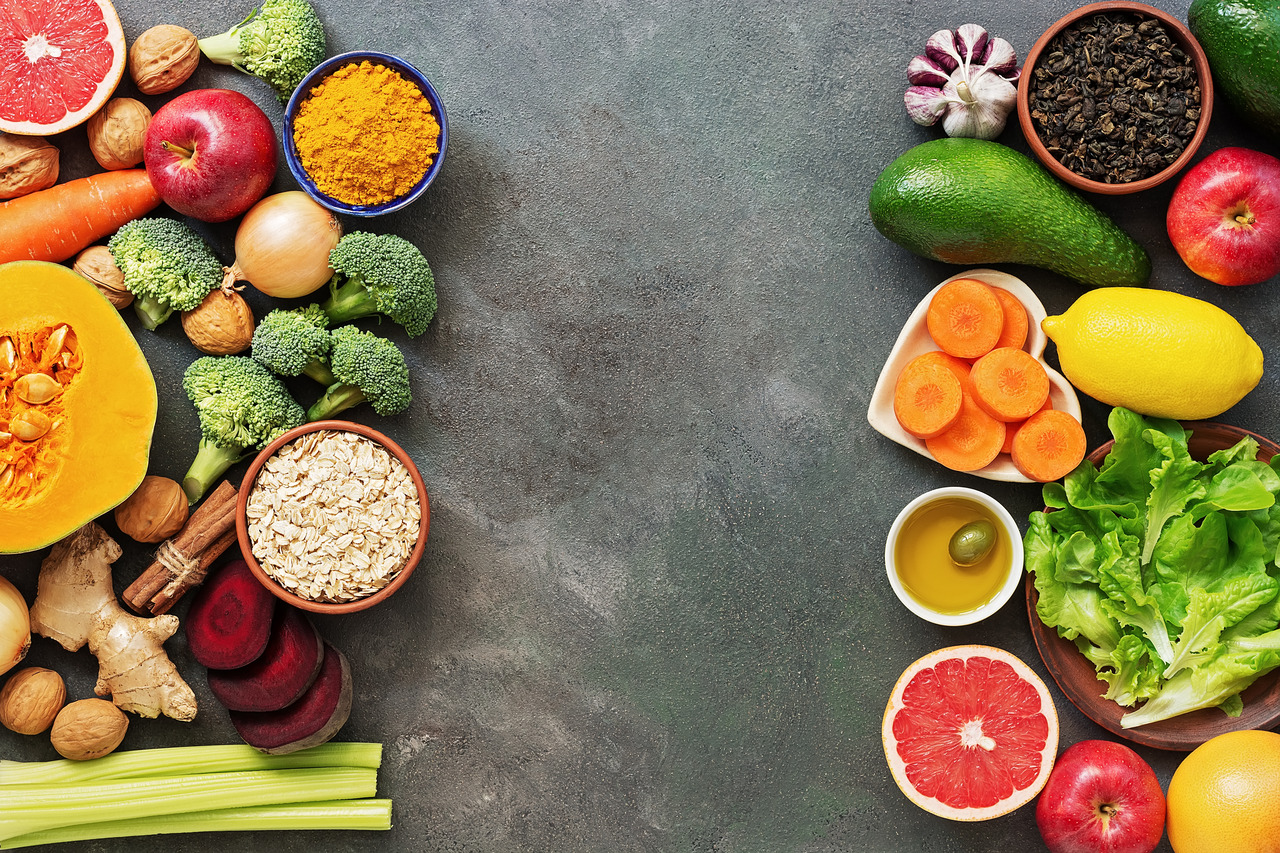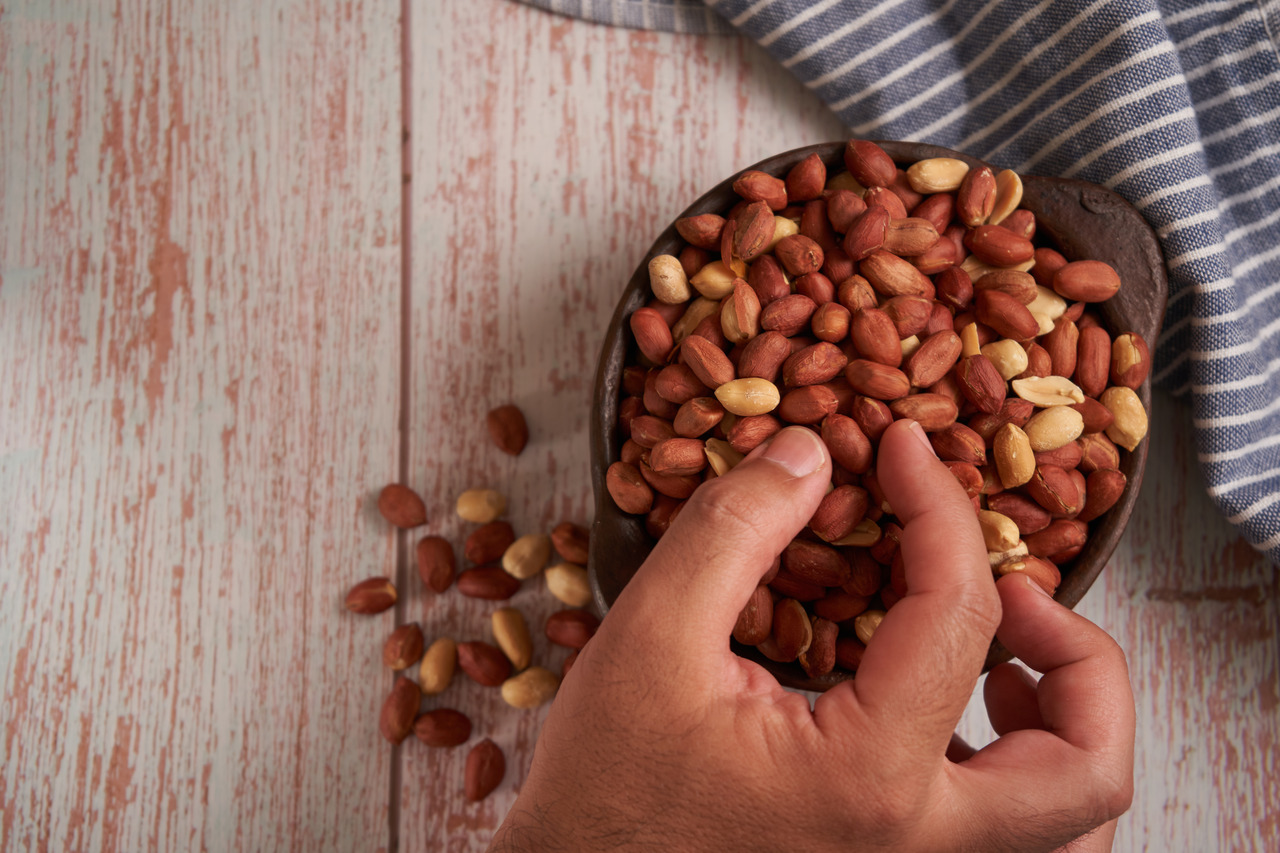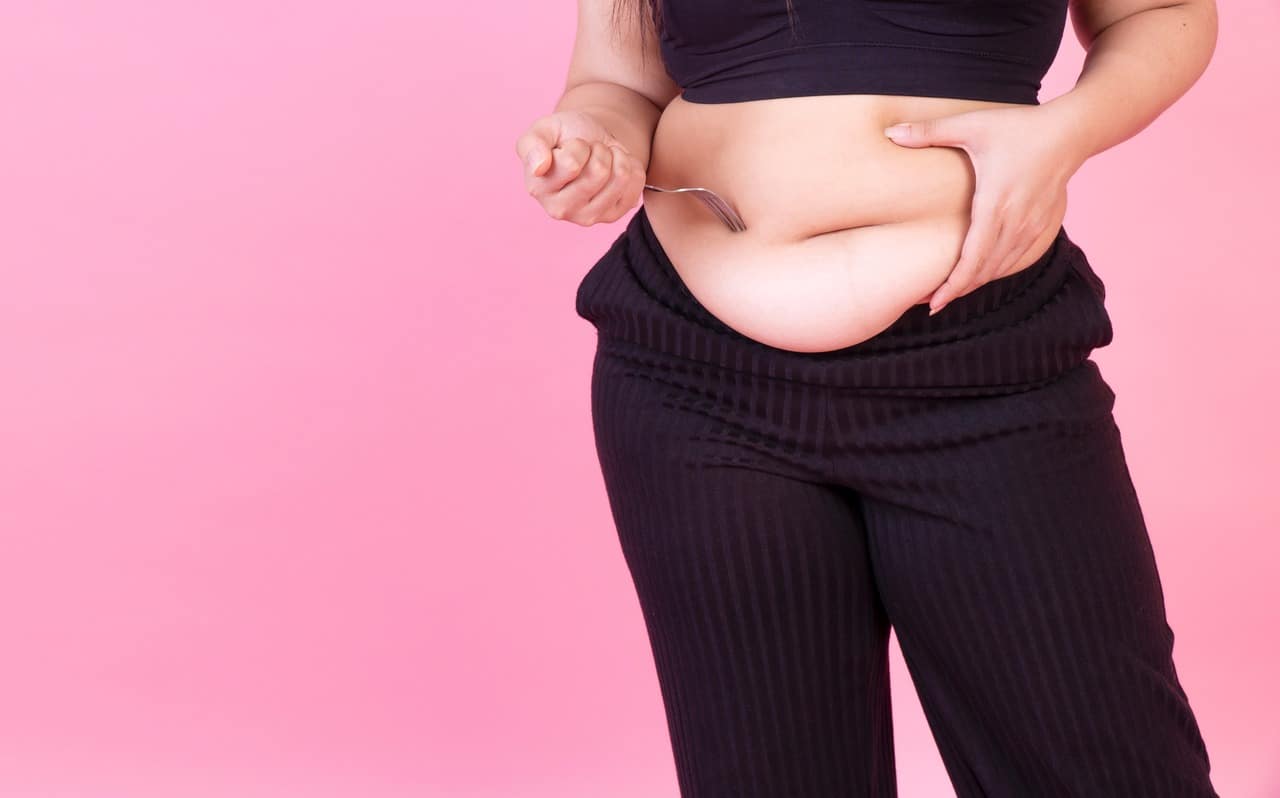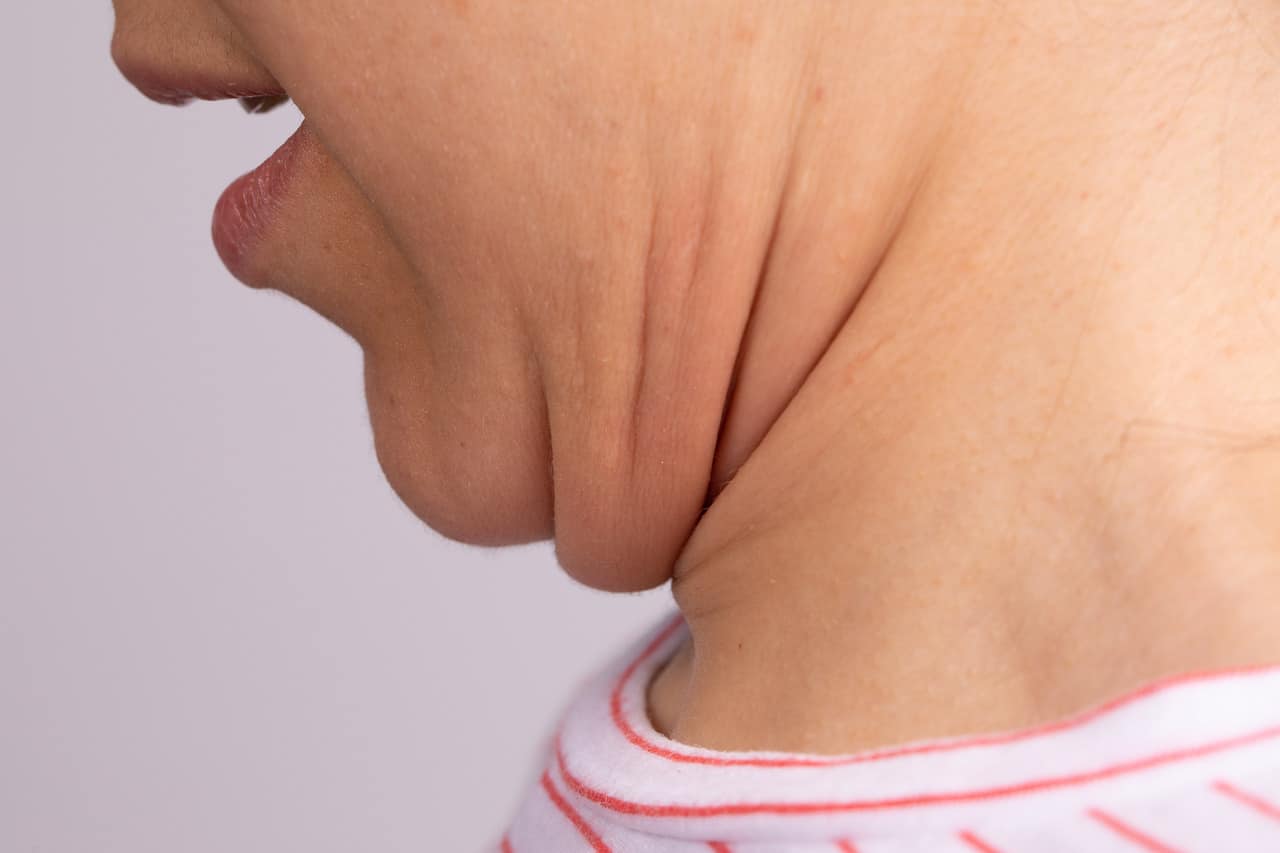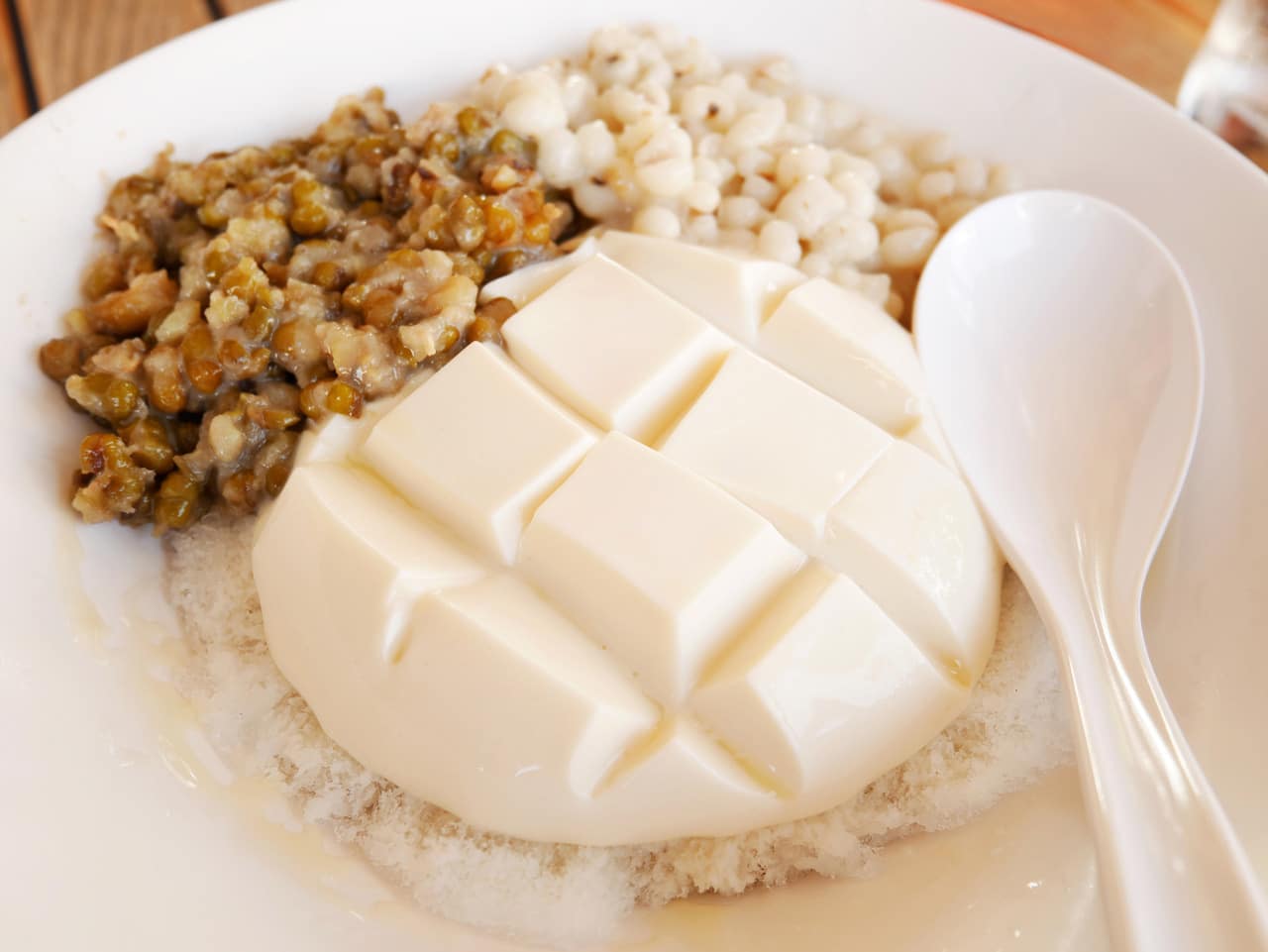The liver is a vital organ responsible for various essential functions, such as filtering toxins from the blood, producing bile for digestion, storing vitamins and minerals, and metabolizing drugs. Liver cirrhosis is a progressive and irreversible condition in which healthy liver tissue is replaced by scar tissue. This scarring disrupts the normal structure and function of the liver and can be caused by various factors like chronic alcohol abuse, viral hepatitis, fatty liver disease, autoimmune conditions, and certain genetic disorders.
This article will help you understand liver cirrhosis and how to manage this condition with a balanced diet.
How Can You Reverse Liver Cirrhosis?
Liver cirrhosis is a condition characterized by irreversible scarring of the liver tissue, so complete reversal of cirrhosis is not currently possible. However, there are steps you can take to slow down the progression of the disease and improve liver function. Firstly, working towards addressing the underlying cause of cirrhosis is necessary.
Additionally, adopting a healthy lifestyle, including a balanced diet, regular exercise, and maintaining a healthy weight, is beneficial. Managing complications of cirrhosis, such as portal hypertension or hepatic encephalopathy, through medication and medical interventions, can improve quality of life.
What Role Does Diet Play In Liver Cirrhosis?
Diet plays a significant role in managing liver cirrhosis by providing proper nutrition and supporting liver health. A carefully planned and balanced diet can help alleviate symptoms, reduce complications, and support liver function. Studies say maintaining a well-balanced diet can help manage symptoms, support liver function, and prevent complications.
Fulfilling Nutritional Requirements
- Protein: There are various studies that have emphasised that protein intake is crucial in liver cirrhosis because it helps maintain liver function, supports tissue repair, and prevents muscle wasting. The recommended protein intake is typically 1 to 1.2 grams per kilogram of body weight per day. However, in cases of hepatic encephalopathy which is a complication of liver cirrhosis, protein intake may need to be restricted under the guidance of a healthcare professional.
- Carbohydrates: Carbohydrate intake is important in liver cirrhosis because it provides a readily available source of energy. A diet rich in complex carbohydrates (whole grains, fruits, vegetables) is generally recommended. However, individuals with cirrhosis and diabetes should monitor their carbohydrate intake and maintain stable blood sugar levels.
- Fats: A controlled fat intake helps reduce the risk of fatty liver disease and improves liver function. Consuming healthy fats, such as omega-3 fatty acids, while limiting saturated and trans fats, can promote liver health and overall well-being in individuals with cirrhosis. This can be obtained from sources like nuts, seeds, avocados, and vegetable oils.
- Micronutrients: According to studies, deficiencies in vitamins, minerals, and antioxidants are common in cirrhotic patients and can worsen the disease progression. So including essential nutrients, such as vitamin D, vitamin K, zinc, and antioxidants, can help improve liver function, immune response, and reduce complications.
Summary
Protein intake is crucial in liver cirrhosis to support liver function and prevent muscle wasting. Carbohydrates provide energy, while a controlled fat intake improves liver function. Micronutrients like vitamins and minerals help address deficiencies and improve liver health. A diet rich in complex carbohydrates, healthy fats, and essential nutrients is recommended, but protein intake may be restricted in cases of hepatic encephalopathy.
Considerations and Restrictions
- Sodium: Limiting sodium intake helps reduce fluid buildup and manage related complications such as ascites and edema. The recommended sodium intake is typically less than 2,000 to 2,300 milligrams per day. Various human trials have proved that excessive consumption of salt can be fatal for cirrhotic patients. This involves minimizing the use of salt in cooking and avoiding high-sodium processed foods.
- Fluid: Fluid intake may need to be monitored and restricted in cases of severe fluid retention or hyponatremia (low blood sodium levels). The specific fluid restriction guidelines should be provided by a healthcare professional.
- Alcohol: Liquor is an absolute no when it comes to liver cirrhosis as it can further damage the liver and worsen the condition. Several reviews accept that completely abstinence from alcohol is medically recommended.
- Caffeine: Moderate consumption of caffeine is generally considered safe for individuals with liver cirrhosis, but it’s best to consult a healthcare professional regarding individual tolerance.
- Fried Foods: High-fat and fried foods are restricted in liver cirrhosis due to their potential to worsen liver damage and contribute to complications. These foods are often high in unhealthy fats, which can lead to inflammation, weight gain, and further strain on the liver, making them detrimental to liver health.
- Processed Foods: Processed and preserved foods are restricted in liver cirrhosis due to their high sodium content, additives, and preservatives. These foods can contribute to fluid retention, increase blood pressure, and worsen liver damage. Fresh, whole foods are preferred to support liver health and minimize the risk of complications.
Summary
Limit sodium intake to manage fluid buildup. Fluid may be restricted in severe retention. Avoid alcohol completely. Moderate caffeine intake is generally safe but consult a healthcare professional.
Food Groups That Manages Liver Cirrhosis
1. Protein
In liver cirrhosis, protein intake is an important consideration to prevent malnutrition and promote healing. Protein sources that are considered high-quality and are generally well-tolerated in liver cirrhosis like lean meats, white and fatty fishes and eggs. You can also include plant-based protein like tofu, tempeh etc. However, it’s important to note that the specific protein requirements may vary depending on individual factors, severity of cirrhosis, and the presence of complications such as hepatic encephalopathy.
2. Fruits and Vegetables
It is essential to incorporate a variety of fruits and vegetables into the diet that are beneficial for their nutrient content, including vitamins, minerals, antioxidants, and dietary fiber. However, there may be restrictions or modifications to the diet due to factors such as fluid retention, ascites, or medications. You may include berries, citrus fruits, melons, leafy green and cruciferous vegetables etc to your diet
3. Whole Grain
In liver cirrhosis, incorporating whole grains into the diet provides essential nutrients, dietary fiber, and sustained energy. Some recommended whole grains include brown rice, quinoa, oatmeal, and barley. They can help regulate blood sugar levels, support digestive health, and provide a feeling of fullness.
4. Dairy Based Products
It’s important to choose low-fat or fat-free options to minimize saturated fat intake. Recommended dairy options include skim milk, low-fat yogurt, and low-fat cottage cheese. These dairy products can contribute to meeting protein needs, support bone health, and provide other important vitamins and minerals.
5. Nuts and Seeds
These options include healthy fats, protein, vitamins, and minerals. Recommended options include almonds, walnuts, flaxseeds, chia seeds, and pumpkin seeds. Nuts and seeds offer a good source of omega-3 fatty acids, fiber, and antioxidants. They can be enjoyed as a snack or added to meals, salads, or smoothies.
Summary
Protein intake is important in liver cirrhosis for healing and preventing malnutrition. High-quality sources like lean meats, fish, eggs, and plant-based proteins are recommended. Fruits, vegetables, whole grains, low-fat dairy, and nuts/seeds provide essential nutrients, fiber, and healthy fats. Personalized dietary adjustments may be necessary based on individual circumstances.
Liver Cirrhosis Diet Plan
Day 1
Early morning: 4 soaked almonds + 1 glass lemon juice
Breakfast: 2 utappams + 1 tbs green chutney/ 2 moong dal cheelas with stuffed paneer
Mid-morning: 1 cup coconut water + fruit (apples, oranges, berries, pears, peaches, and papaya).
Lunch: 2 wheat chapati + 1 cup dal, fish, or chicken curry + 1 cup sabji + 1 cup Boiled salad
Evening snack: 1 teacup, tea, or coffee plus 2 whole grain biscuits
Dinner: 1 bowl of vegetable khichdi + Raita
Bedtime: One glass of skimmed milk
Day 2
Early morning: 2 soaked walnuts + 1 glass lemon juice
Breakfast: 1 bowl of mixed vegetable poha
Mid-morning: 1 glass buttermilk + 1 cup sprouts
Lunch: 1 small brown rice + 1 bowl of dal, fish, or chicken curry + 1 cup sabji + 1 cup Boiled salad
Evening snack: 1 teacup of tea or coffee + 1 small cup of unsalted roasted chana
Dinner: 2 rotis + Sabji
Bedtime: One glass of skimmed milk
Day 3
Early morning: 4 soaked almonds + 1 glass lemon juice
Breakfast: 2 idlis + 1/2 cup Sambar + 1 table spoon Gren chutney or tomato chutney
Mid-morning: 1 cup coconut water + fruit (apples, oranges, berries, pears, peaches, and papaya).
Lunch: 2 wheat chapati + 1 cup dal, fish, or chicken curry + 1 cup sabji + 1 cup Boiled salad
Evening snack: 1 bowl of soup
Dinner: 1 bowl of vegetable khichdi + Raita
Bedtime: One glass of skimmed milk
Day 4
Early morning: 2 soaked walnuts + 1 glass lemon juice
Breakfast: Vegetable Oat Upma
Mid-morning: 1 cup low-fat curd with raw vegetables or grilled vegetables
Lunch: 2 wheat chapati, 1 cup green gramme curry, 1 cup sabji, and 1 cup salad
Evening snack: 1 teacup, tea, or coffee + 1 cup Brown rice flakes poha
Dinner: 3 Wheat dosas + Sabji
Bedtime: One glass of skimmed milk
Restrict the use of salt to no more than 1 teaspoon a day.
Leeching: Boil all the vegetables and pulses and throw away the water.
Veg allowed Bottle gourd, Bitter gourd, Ridge gourd, Round guard, Pumpkin, Boiled carrots, Coriander leaves, Spinach, fenugreek, turnip, radish, potato, beetroot cauliflower, kale, beetroot, cabbage, mushroom lettuce
The Key Principal In Liver Cirrhosis
- Regular medical check-ups and blood tests help assess liver function, nutrient levels, and identify any dietary deficiencies or complications.
- Collaborating with healthcare professionals, such as dietitians, ensures personalized dietary recommendations based on individual needs and medical history.
- Adapting the diet involves modifying protein, carbohydrate, fat, and sodium intake as per the severity of cirrhosis, complications, and response to treatment, ensuring the diet aligns with specific requirements.
HealthifyMe Suggestion
Cirrhosis is severe scarring or fibrosis of the liver. It happens in the late stages of nonalcoholic fatty liver disease and other conditions that involve liver damage. Pursuing a lifestyle that includes a nutritious diet, physical activity, moderate to limited alcohol intake, and regular physical appointments with a doctor are all ways to keep your liver in great shape.
Conclusion
A liver cirrhosis diet is essential in managing the condition by providing nutritional support, preventing complications, and supporting liver function. It helps maintain overall health, prevent malnutrition, and manage symptoms, ultimately improving the quality of life for individuals with liver cirrhosis.
Remember, healthcare professionals play a vital role in dietary management for individuals with liver cirrhosis. They provide personalized guidance, monitor nutritional status, adjust the diet as needed, and ensure optimal nutrient intake while considering individual needs and any associated complications, improving patient outcomes and overall well-being.
Disclaimer: The purpose of this article is just to disperse knowledge and raise awareness. It does not intend to replace medical advice from professionals. For further information please contact our certified nutritionists Here
Frequently Asked Questions (FAQs)
1. What is the best diet for cirrhosis of the liver?
The best diet for cirrhosis of the liver is a well-balanced one that includes high-fiber foods, lean proteins, fruits, vegetables, and healthy fats. It is important to consult a healthcare professional or registered dietitian for personalized dietary recommendations.
2. What foods to avoid if you have cirrhosis of the liver?
Foods to avoid if you have cirrhosis of the liver include high-sodium foods, fried and fatty foods, processed and preserved foods, and alcoholic beverages. These can worsen liver damage and contribute to complications.
3. What foods are good for repairing the liver?
Foods that are good for repairing the liver include antioxidant-rich fruits and vegetables, such as berries, leafy greens, and cruciferous vegetables. Additionally, foods like fatty fish, nuts, and seeds that are high in omega-3 fatty acids can support liver health.
4. Is bread OK for liver cirrhosis?
Bread can be included in a liver cirrhosis diet, preferably whole grain or whole wheat bread. It is important to choose bread with low sodium content and moderate portion sizes to maintain a balanced diet.
5. What is the best drink to repair your liver?
The best drink to repair the liver is water. Staying hydrated is crucial for liver health. Other healthy beverage options include herbal teas, green tea, and freshly squeezed juices (without added sugars). However, it is important to limit or avoid alcoholic beverages completely for liver health.
Research Sources
- Liver Cirrhosis
https://www.ncbi.nlm.nih.gov/pmc/articles/PMC2271178/ - Nutrition in liver cirrhosis: a case-based overview
https://www.ncbi.nlm.nih.gov/pmc/articles/PMC7043081/ - The Role of Diet Therapy in the Treatment of Liver Disease
https://www.ncbi.nlm.nih.gov/pmc/articles/PMC7780776/ - Malnutrition in Liver Cirrhosis:The Influence of Protein and Sodium
https://www.ncbi.nlm.nih.gov/pmc/articles/PMC3990138/ - Micronutrient Deficiencies in Patients with Decompensated Liver Cirrhosis
https://www.ncbi.nlm.nih.gov/pmc/articles/PMC8069759/ - Salt consumption and mortality risk in cirrhotic patients: results from a cohort study
https://www.ncbi.nlm.nih.gov/pmc/articles/PMC9672831/ - Alcohol consumption and risk of liver cirrhosis: a systematic review and meta-analysis
https://www.ncbi.nlm.nih.gov/pmc/articles/PMC6776700/
Source link: https://www.healthifyme.com/blog/liver-cirrhosis-diet/ by Shweta kumari at www.healthifyme.com

